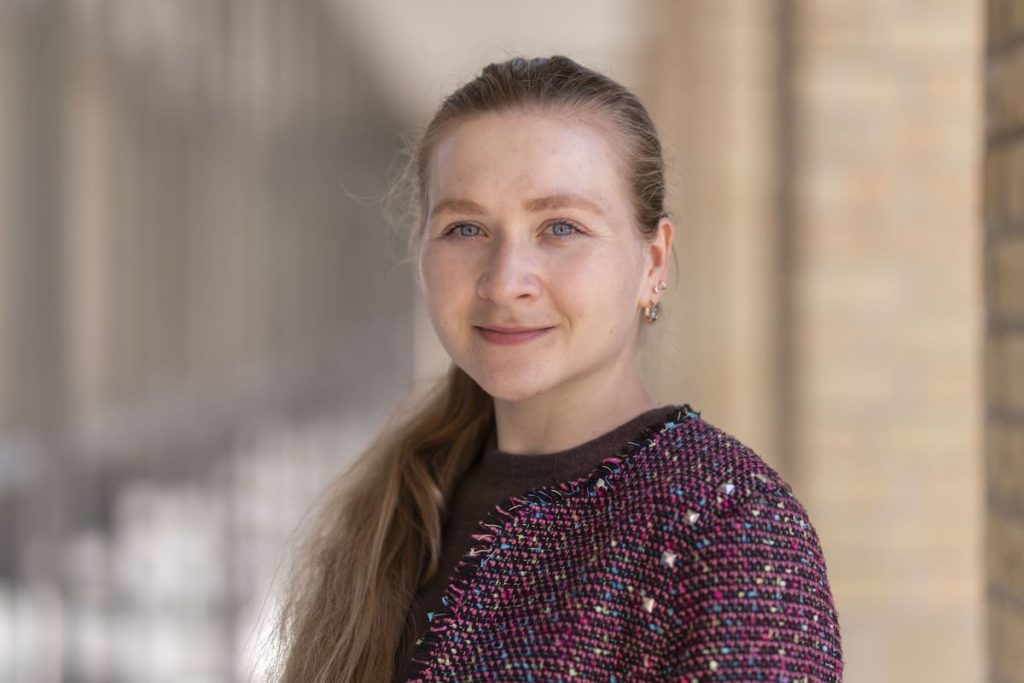
Last fall, during Open Access Week, we formally announced the formation of our Ukraine consortium after two years of working together with the consortium lead, the State Scientific and Technical Library (SSTL) of Ukraine. With support from the Ministry of Education and Science of Ukraine, SSTL took the lead in a national ORCID consortium, initiating with 17 members, including the main national universities and scientific institutions.
During the same time, the Ukrainian government also approved the Open Science Action Plan for the country, which was a critical step toward integration with the European Union research community. ORCID is pleased to have been able to provide a small measure of support to the Ukrainian research community during a time of immense hardship and uncertainty for the country.
Before forming the ORCID consortium, SSTL introduced a Current Research Information System (CRIS) to track institutional research activity, including research projects, grants, people, organizations, outputs and research facilities and equipment. The name of their CRIS is “URIS” Ukrainian Research Information System, which was created to develop to collect, manage, store, and analyze the information about research being carried out by the Ukrainian research community and provide it through a single access point. An ORCID integration to connect URIS with the ORCID API is available, which will lead to an improvement of the visibility of Ukrainian research and researchers globally.
Together with improving the visibility of Ukrainian research and researchers, the consortium objectives include:
- Supporting the Open Science Action Plan
- Improving Metadata quality on the national level
- Making national research domain more transparent
- Improving the system of reporting, and
- Using ORCID data as main source about researchers for the Ukrainian Current Research Information System
There are many benefits of belonging to an ORCID consortium, most notably the strength that comes from a community of practice. The Ukrainian consortium will be mostly based on the use of ORCID in open-source systems, such as Open Journal System (OJS) or DSpace, generating interoperability use cases that can be useful in the national community of practice and worldwide.
One of the exclusive benefits ORCID provides to consortia members is the Affiliation Manager tool, which can significantly reduce the burden on smaller organizations who may not have the resources to build a custom integration. As with all of ORCID consortia lead organizations, SSTL assumes certain responsibilities, such as:
- Providing administrative support to member organizations in their consortium
- Managing and supporting the onboarding of their members
- Employing dedicated community management staff
- Developing shared resources, communications materials, and events
- Maintaining consortium document repositories
- Working with the consortium community to identify goals, develop policy and governance, and establish regular progress reporting to members and ORCID
As an example, SSTL initiated its journey as consortium lead presenting and promoting the Affiliation Manager, which is now used by eight out the 17 members.
As soon as the URIS system is in place and integrated with ORCID, Ukraine can more easily bring the value of national research to different stakeholders. Researchers will have quicker access to information and be able to lessen administrative burden; funders can more easily track the result and return on the work they have supported; businesses can find new prospective technologies; officials can have better access to science for decision-making; and citizens in general will have greater awareness of national science activity.
Getting started forming a consortia is easy, and ORCID is here to help. Contact us for more information.
Contributors

Nataliia Kaliuzhna is a Research Assistant at the State Scientific and Technical Library of Ukraine, where she contributes to open science projects and supports dissemination and implementation of ORCID IDs in research institutions in Ukraine. She is also a second year PhD student in Library and Information Science at Kyiv National University of Culture and Arts and Associate Editor of DOAJ. Currently, Nataliia is a visiting scholar at TIB Open Science Lab.

Sabina Auhunas holds Ph. D. in Pharmaceutical Sciences, Head of the Department of Scientific Research and Digitization of the State Scientific and Technical Library of Ukraine. She is a responsible executor of the scientific and research project on the creation of the National Research Information System “URIS”. ORCID-Ukraine National Consortium Lead “. Currently, Sabina is a visiting scholar at TIB Open Science Lab.
